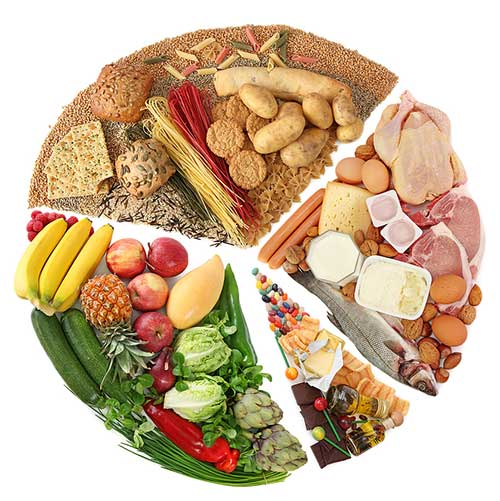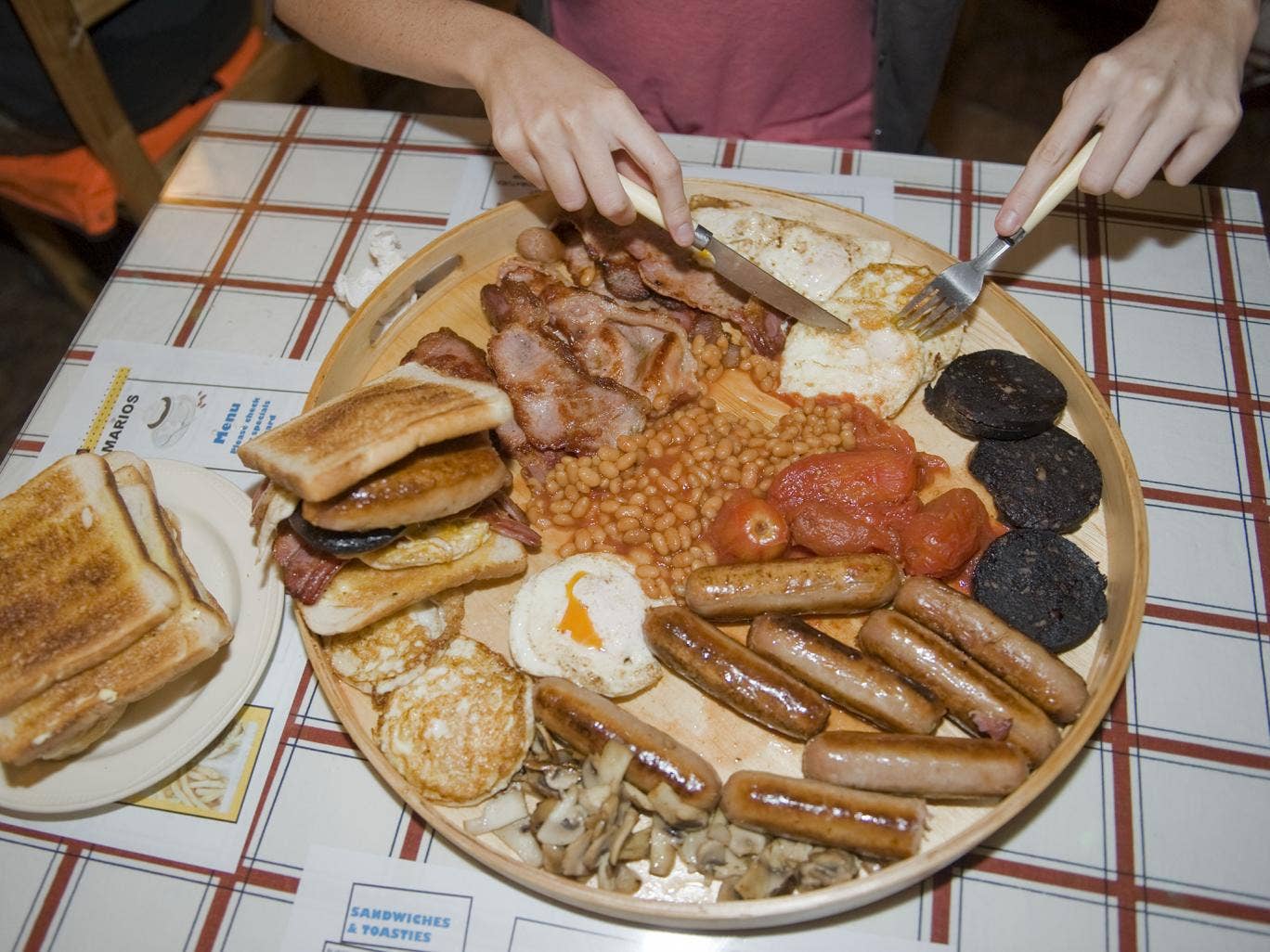Bulking for Muscle Mass
The main principle when it comes to muscle building is that you must consume more calories than you expend daily. This is a fairly simple concept, however many people overindulge with this notion and wind up getting fatter than expected.
Unless you have weight standards to be met for a competitive sport, eating to get as big as possible in the fastest time isn’t always a good idea.
Spillover is the most likely outcome when this occurs, and it can be a pain in trying to get rid of excess fat later on.
If you need some guidance on getting your calories fine-tuned just right so you look great while gaining muscle, keep reading to see what you’ll need to do.

How to Properly Build Muscle
The most disciplined training regiment with the proper amount of rest (at least 8 hours a night) isn’t enough to create muscle growth without the correct nutrition.
It’s important that you get enough calories on the days that you do train so your body can get the energy it needs to repair muscle.
Whether you work out 3 days a week or 6, you should always be supplying your body with the proper amount of calories that it needs daily.
With most typical muscle gaining diets, the threshold for the surplus calories is set way too high.
If you eat in excess of 500 calories over your daily caloric maintenance level (known as the basal metabolic rate, BMR) for long period of time, the body gains muscle but tends to retain more fat. It’s not uncommon for natural weightlifters to put on 50lbslbs or more in a single year to build their muscle!
To avoid unnecessary fat gain, try to consume those surplus calories on training days and lower caloric levels closer to maintenance during non-training days.
This is a leaner method of adding muscle mass and compounding these efforts over a period of time can amount to spectacular results with little accumulated subcutaneous fat stored.
If you gain weight too fast, your body will show poorer muscle tone, more stubborn fat in common problem areas, with higher amounts of water retention from sodium dense diets. Use patience when building muscle.
The Wrap Up
Unnecessary fat gain is a large price to pay that could potentially ruin your physique and waste years of training in the gym. Minimize fat gain by eating slightly above your maintenance level and lowering carbs on days that you’re resting. Patience is really a virtue when building muscle and rushing the process will delay progress much further than it should.

